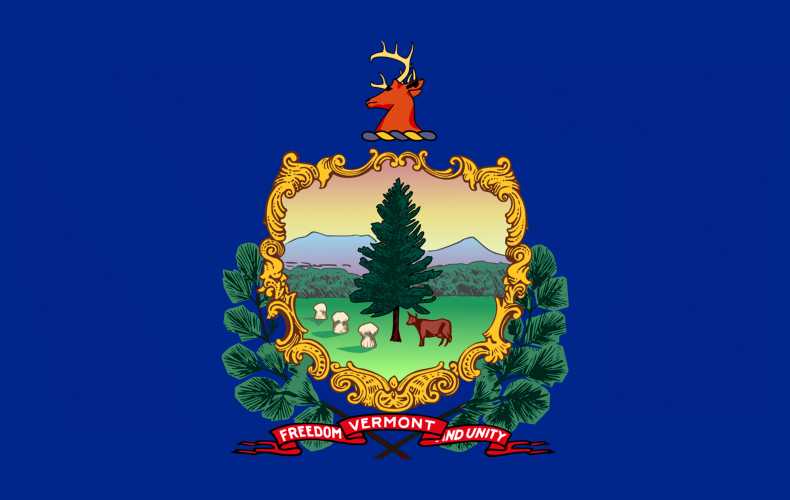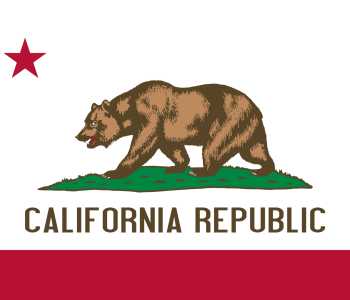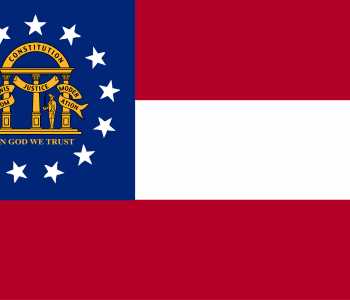Vermont Business License

Vermont Business LicenseSmall Businesses In Vermont
Are you presently thinking of starting and running a business in Vermont? If so, there's a wealth of information available to assist you on your journey. The initial stop on your trip should be the state's official website, which has a ton of helpful resources, including the following:
- Basics of Business Taxation
- How to incorporate a business in Vermont
- To-Do list for new startups
- Learn All about vendor registration
The state of Vermont also offers excellent web resources with the "Small Business Development Center." There you'll find guidance on the best ways to create and manage a business in Vermont.
Make sure to explore all of the links and resource pages that offer comprehensive information about Vermont's licensing and regulatory policies. The SBDC in Vermont is part of a larger, national network of development centers for small businesses. Their goal is to educate potential owners on the benefits of managing a company.
The Vermont district office for the SBA is in Montpelier. They also have a website with a wealth of information you will want to check out. The Small Business Administration is a nationwide network that helps business owners. Their local chapter hosts resources, news, and events that are of utmost interest to local business people.
Another great guide is the "Resource Guide for Small Business." This has plenty of specific, local information. Be sure to get a copy from their website, and keep it for future reference.
Acquire a Single or Multiple Business Licenses
Certain types of business, such as a sole proprietorship, will not require a business license to operate. However, others are subject to more regulations and may require multiple permits and licenses. Vermont has several state agencies that handle industry-specific licensing requirements for the following cases.
- Construction and Building
- Licensing for Professionals
- Environmental Industries
- Health and Safety
It's worth visiting the "Licenses and Permits" section of the state's official website. There you can learn about, and apply for online, a variety of state-issued licenses through the "eLicense System."
Further, specific licenses may also come from local or city governments. A prime example is the City of Burlington, which maintains its licensing requirements for city businesses. Check with the websites for the specifics about licensing. That's the best way to find out, for sure, what's in store.
Prepare and File All The Records For Your New Business
The next step as you are starting your new business is to determine what type of business you would like to form. Will you be running your business all by yourself? Then maybe a sole proprietorship is the correct choice for you.
If you will have employees, then you will need to either form a limited liability company (LLC) or a corporation. You will also want to file for a Federal Employer Identification Number (EIN). This will allow you to use the EIN instead of your Social Security Number on all future paperwork.
Running a business goes beyond just getting a permit or license. There may also be legal requirements that cause you to submit additional records. If you're forming a corporation or LLC (Limited Liability Company), you'll need to file additional forms. You can find the forms in the section "Corporations and Business Services."
It's solely your responsibility to determine which regulations and requirements you must follow. Fortunately, information is widely available. If you ever need more help, contact information is available on their website. Be sure to call and get help from a specialist.
Professional Licensing May Apply
If you belong to certain occupations and professions, you may require licensing by the state. To find out which industries and titles must file, visit the Vermont Secretary of State (SOS) website. On there you'll find the "Professional Regulations" section.
Peruse the various lists and find your occupation. You can learn about the details by clicking on the links. The Office of Professional Regulation handles most of the licensing, including attorneys and physicians. If your trade is regulated, you'll need to pay the fees and file the forms to begin.
There is also a link for online license applications on the Vermont SOS website. Once you have checked to be sure your profession will need this additional licensing you can file online. There is also a link to renew your account if you ever held a license before with the state of Vermont.
Determine Your Fictitious Business Name
Another step along the journey to starting your business is to decide on a business name. Will you brand your own name? Or will you create a fictitious business name? Either way, you will want to decide on this before you start filing the paperwork for your business license.
Some people, such as a coach or consultant will choose to use their own name to operate their business using your full name. However, most business owners don't, and opt for a Trade Name instead. If you run either a corporation or LLC, you need to choose such a name when you register.
Other companies may decide to opt for a Trade Name later. They can use a "Doing Business As" (DBA) declaration. As a sole proprietorship, you will not need to pick a fictitious name, but many do so. A DBA will help you make an identifying image for branding and customer recognition.
Register Any Service Marks or Trademarks
It's possible your company will opt for a state-issued service mark or trademark. These are different from Federal versions and have their own set of benefits. You can quickly learn more by visiting the SOS website to see their section "Trademark Registrations." There you'll gain a deep insight into the process to determine if it's right for your enterprise.
Conclusion
From various state licenses to your business license and registration, there are many steps along the journey to starting your new business. Use this article to help navigate the way, and hopefully, we have helped save you some time and headache during the process.
FAQ
What License Do I Need For My Business?
Vermont does not require all businesses to have a business license. Through the use of licensing boards, Vermont regulates 44 professions. These include accounting, architects, land surveyors, and naturopathy. You will need to meet all licensing and certification requirements if your profession is regulated. Many municipalities also have their own laws and permits regarding licensing and permits for business.
How Do I Register My Vermont Business?
You will need to register your business with the Vermont Secretary of State if it is a limited liability company (LLC), corporation, limited partnership, limited liability partnership, or non-profit organization. General partnerships and sole proprietorships generally do not need to register unless they operate under a trade name. In that case, you will need the Secretary of State to register the trade name. Before opening a business, all businesses must register with the Department of Taxation for applicable business taxes.
What Do I Need For Local Licensing?
Each municipality has its own requirements regarding business licensing. There is generally no one type of business license that all businesses need. Instead, different licenses are issued depending on the business activity being performed. However, the location of your business will determine what types of activities you are allowed to license. Burlington, for example, only requires certain businesses to be licensed, mostly those that deal with prepared food or entertainment. Rutland, however, has a more comprehensive licensing program. Montpelier may require home-based businesses, while others do not. Local licensing is determined by local ordinances. It is best to consult your local municipal government to determine what permits and licenses your business might need.






